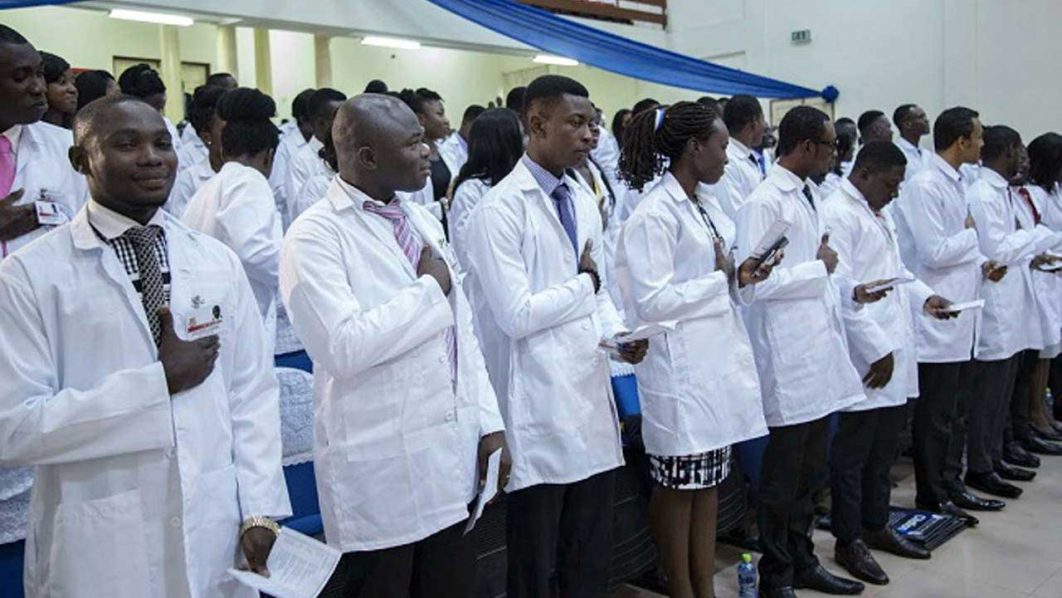
Medical experts have decried the lack of knowledge of waste management among health workers, the absence of comprehensive data, and the low public awareness of the potential dangers posed by healthcare waste in the country.
According to the experts, Lagos State is currently ahead of other states in implementing effective healthcare waste policies.
While disclosing that a new national policy, replacing that of 2013, will soon be released, they encouraged that the policy be backed by primary legislation.
This was disclosed during a meeting held on ‘Legal, Policy, and Implementation Issues in Healthcare Waste Management’ organised by the Faculty of Health Law and Humanities in collaboration with the Department of Environmental and Occupational Health, University of Medical Sciences (UNIMED).
The experts recommended that state governments should enact policies, regulations, and statutes to promote good practice in the management of healthcare waste, adding that federal and state governments should make specific budgetary provisions for healthcare waste management.
“The education and training of health workers in the management of waste should be prioritised, and the environmental health workforce should be expanded to facilitate the implementation of extant policies.
While speaking at the meeting, the Dean, Faculty of Health Law and Humanities, Prof. Leroy Edozien, explained that healthcare waste poses harm to health workers, the public, and the environment.
He said, “Healthcare waste is any waste produced in hospitals, laboratories, research facilities, and homes as a result of medical procedures.”
The Vice-Chancellor of UNIMED, Prof. Adesegun Fatusi, who welcomed the over 100 participants to the meeting, said that “UNIMED has led the way by devising healthcare waste management guidelines for its campuses.”
Fatusi maintained that the brainstorming should be taken to the national level, stressing that “our society can be helped in healthcare waste management”.
Meanwhile, organisers of the meeting pledged to follow up on the recommendations with the appropriate authorities and stakeholders for implementation.



![[FILES] A picture shows the Argentinian flag. (Photo by DANIEL LEAL-OLIVAS / AFP)](https://cdn.guardian.ng/wp-content/uploads/2020/11/Argentina-.jpg)


